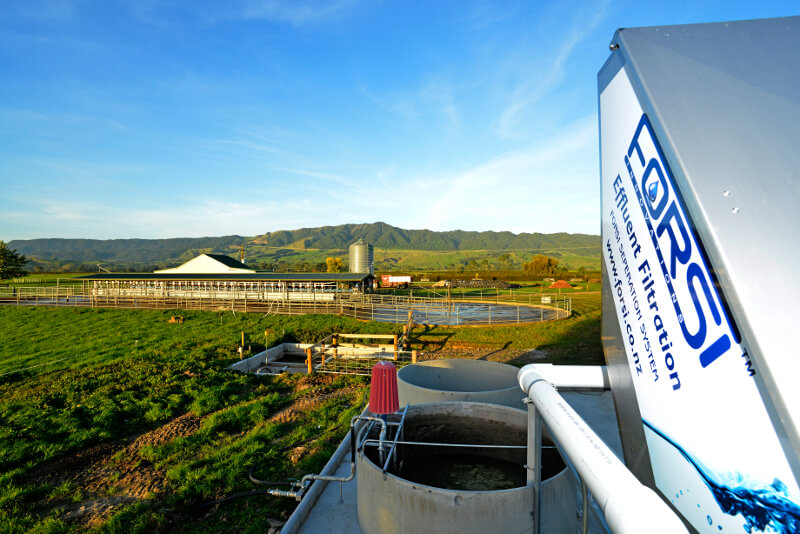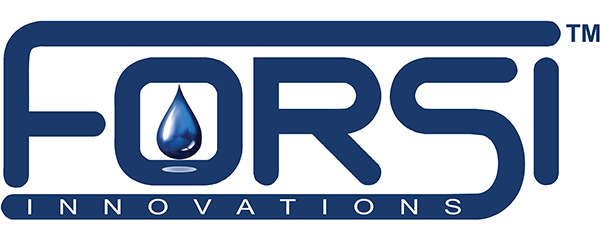Forsi took on the challenge to design and build a complete, closed loop effluent recycling system to take dairy effluent from the cowshed yard and process it into a clean, clear, pathogen, nutrient free liquid.
This liquid can be recycled and reused as wash down water for the cowshed yard or irrigated to the pasture without any negative environmental effects.
This is the FORSI Effluent Recycling System.
- About the FORSI Effluent Recycling System
- No Waste
- What are we dealing with?
- Nitrous Oxide & CO2 emissions
- Enquiry
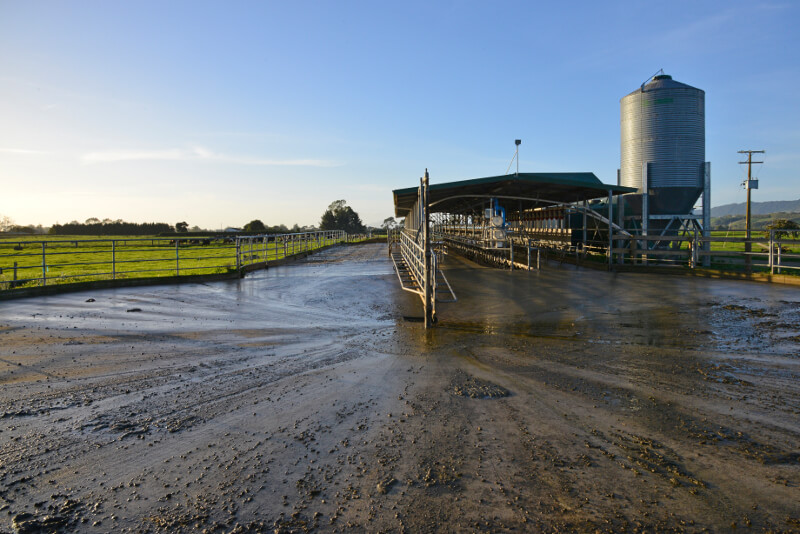
About the Forsi Effluent Recycling System
- Reduces the annual running costs for an effluent management system.
- Reduces the amount of water needed to be pumped out of the ground for wash-down water.
- Reduces the cost of pumping wash down water.
- Reduces impact on the environment through no nitrate, phosphate and pathogen leaching.
- Reduces COD, BOD, NTU, Suspended Solids.
- Reduce CO2 emissions from each farm.
- Minimises operator attention needed – fully automated control.
- The Forsi Effluent Recycling system’s compact design, means minimal room is required for installation.
- Made high quality components and workmanship for durability for the harsh NZ conditions.
- Totally NZ Made.
- Closed loop system – no waste stream to deal with.
- Constant processing flow rate of 12,000 Litres per hour.
The Forsi Effluent Recycling system will take effluent from the dairy shed effluent sump and over the solids screen. This screen will reduce the solids loading and separate all particulates larger than .5mm. Our findings show the use of a mechanical solids separator tends to scrub a lot of the solids through the screen and cause a larger suspended solids loading, creating issues with the liquid.
Once the liquid has been through the screen, using a specialised coagulant, it is then passed through a particulate separation process, reducing the suspended solids loading. The liquid then travels through a particulate removal and water polishing stage, consisting of media filtration, UF filtration and plasma sterilization.
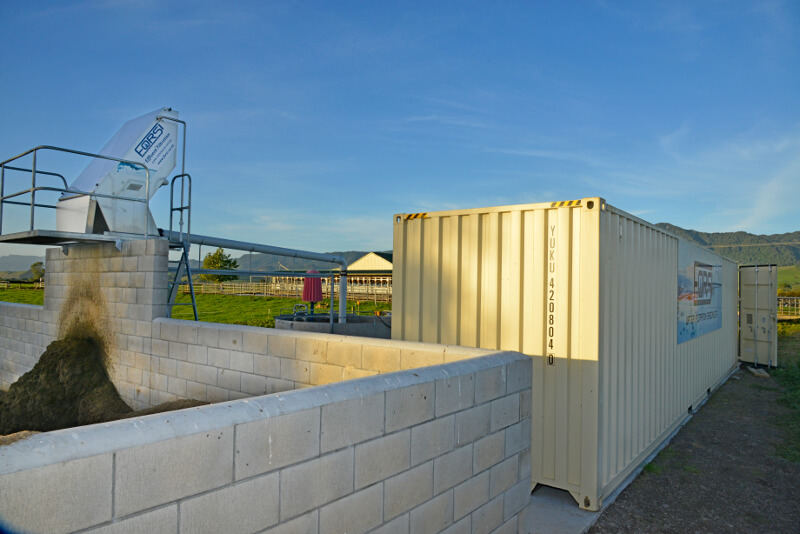
The system is pre-fabricated and built into a modified 40 foot container. The system comprises of:
- S/S Sloping screen
- Specialised coagulant system
- Water polishing system
- Transfer pumps
- Dosing pumps
- Monitoring systems
- Tank level monitoring systems
- Flow monitoring
- Touch screen control system
- GSM Communication Module
- System failures will default back to effluent sump (if any parameter does not meet criteria the system diverts filtered effluent back to the start)
No Waste
Any waste created by the system will go back to the beginning of the system again, e.g. backwash water for filters.
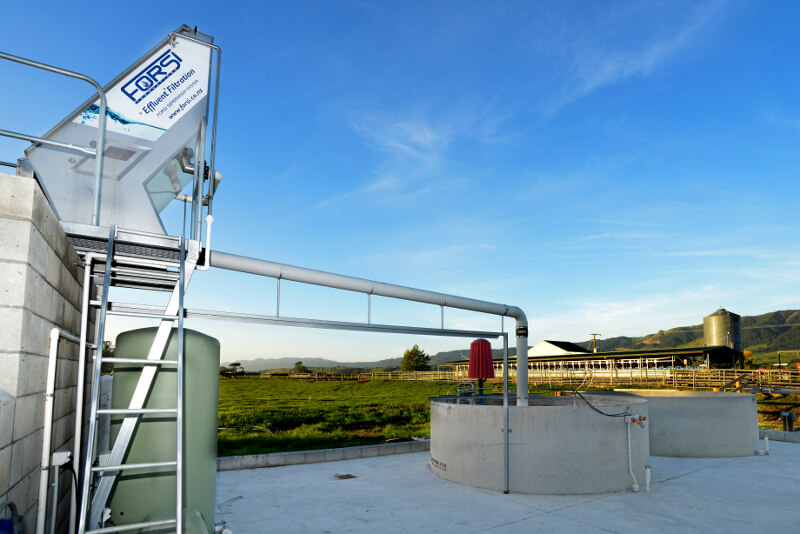
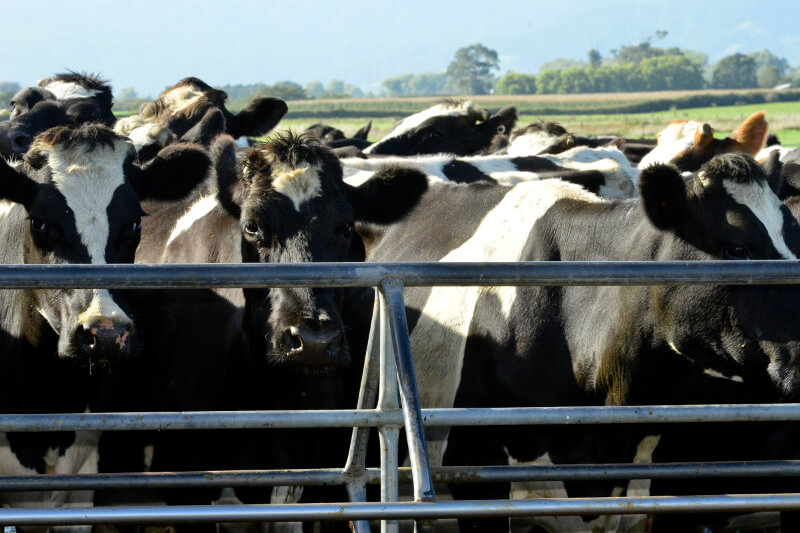
What are we dealing with?
On average each dairy cow excretes approximately 60 litres of manure per day or six litres per excretion. Typically two of these excretions would occur in the cow shed when milking twice daily.
For an average small herd of 250 cows this equates to 3,000 litres per day or 6,000 litres for a herd twice the size. Add to this an additional 15,000 to 20,000 litres of water used daily to wash down the average sized cowshed and you suddenly have a large problem.
When this mix is sprayed directly onto pasture during wet weather, both the soluble nitrates and phosphorus will leach into the ground water.
The cost to install sufficient tank capacity for storage during wet weather to enable irrigation only during dry periods is unjustifiable.
Spreading such manures onto pastures in wet periods also increases nitrous oxide emissions into the atmosphere.
4.76kg of Nitrous Oxide = one tonne of CO2 Emissions
There is an alternative daily practice of leaving the shed effluent and wash down waste to settle in a tank before pumping off the top layer of waste water for the next wash down. This can cause ammonia problems associated with the concrete, slime growth, plus the fact that this re-used wash down water does not comply with Fonterra’s shed hygiene requirements. Also the pathogen and bacterial problems that cause mastitis and other animal health issues that can be associated with green water wash down systems.
We are successfully trialing equipment to remove solids from this waste and filter the water to a suitable quality (to be approved by Fonterra to meet shed health and hygiene standards) to be used again for wash down. The de-watered solids (manures) can then be collected on a regular basis for inclusion into organic matter based solid fertilisers. This can be used back on the farm to offer a material closed loop or full life cycle.
